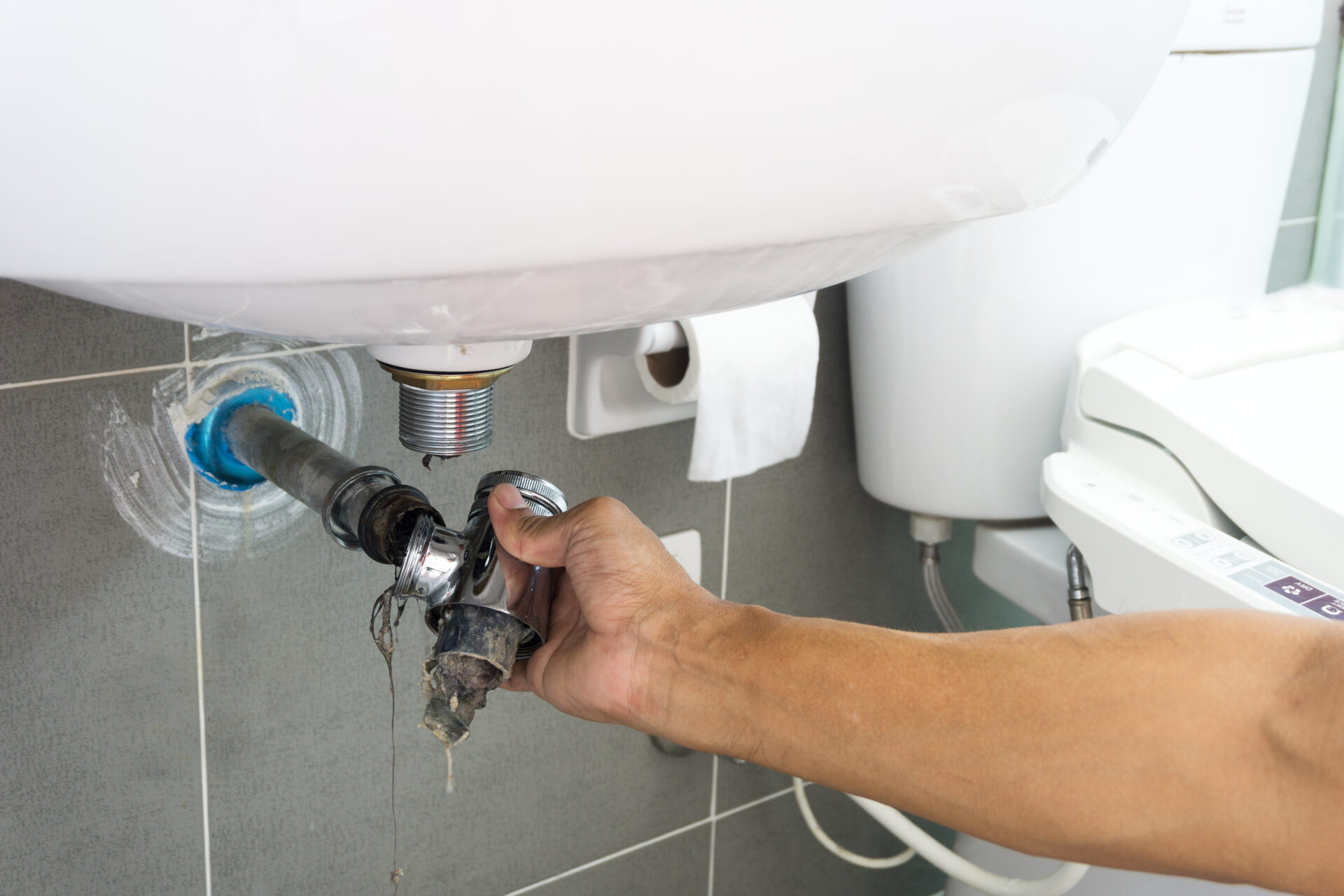
Table of Contents
Understanding Residential Plumbing Near Me Arlington Va
Common Residential Plumbing Issues
Residential plumbing issues are a common occurrence in most households. Leaky faucets, clogged drains, and running toilets are some of the familiar problems homeowners face. These issues can be both irritating and costly if left unattended.

Importance of Quality Residential Plumbing
Quality Residential plumbing is vital for a safe and hygienic living space. A well-maintained plumbing system ensures the efficient flow of water, reducing the risk of leaks, water damage, and mold growth.
DIY vs. Professional Plumbing Services
When to DIY
While some minor plumbing issues can be resolved by homeowners, it’s crucial to understand your limits. DIY projects are suitable for tasks like fixing a dripping faucet or a running toilet.
Benefits of Hiring Professionals
For more complex issues, hiring a professional plumber is the wisest choice. Professionals have the expertise and tools to handle complex problems, ensuring a long-term solution and saving you time and money.
Plumbing Maintenance Tips
Regular Inspections
Regular Residential plumbing inspections can help identify potential issues before they become big major problems.Simple checks can go a long way in preventing costly repairs.
Preventative Measures
Taking preventative measures, such as avoiding flushing non-flushable items and properly disposing of grease, can significantly extend the life of your plumbing system.
Eco-Friendly Residential Plumbing Solutions
Water Conservation
Eco-friendly plumbing solutions aim to reduce water wastage. Low-flow fixtures, such as toilets and faucets, are effective in conserving water without compromising performance.
Energy Efficiency
Modern plumbing practices also focus on energy efficiency. Insulating pipes and using energy-efficient water heaters can reduce your utility bills while being environmentally responsible.Understanding Residential Plu
Plumbing Materials and Fixtures
Types of Pipes
Understanding the types of pipes used in your plumbing system is essential. Common materials include copper, PVC, and PEX, each with its advantages and disadvantages.
Fixtures and Appliances
Selecting the right fixtures and appliances can improve the functionality and aesthetics of your plumbing. Choose high-quality fixtures that meet your needs and complement your interior design.
Dealing with Emergencies
Burst Pipes
Burst pipes can lead to significant water damage. Knowing how to shut off the water supply and having a professional plumber’s contact on hand is crucial in such emergencies.
Clogged Drains
Clogged drains are a nuisance. Avoid using chemical drain cleaners and opt for drain snakes or professional services to clear stubborn clogs effectively.
Choosing a Reliable Plumbing Service
Research and References
When choosing a plumbing service, research their reputation, read customer reviews, and ask for references. A trustworthy plumber will be transparent about their work history.
Credentials and Licensing
Ensure that the plumbing service is licensed and insured. This guarantees that they meet professional standards and can handle your plumbing needs effectively.
Cost of Residential Plumbing
Factors Affecting Cost
The cost of residential plumbing varies based on factors like the complexity of the issue, materials needed, and labor costs.
Budgeting Tips
Set aside a budget for plumbing maintenance and repairs to avoid unexpected financial strain. Preventative maintenance is often more cost-effective than emergency repairs.
Future Trends in Residential Plumbing
Smart Plumbing Technology
The future of residential plumbing is intertwined with smart technology. IoT-connected plumbing fixtures can monitor water usage, detect leaks, and offer convenient control through mobile apps.
Sustainable Practices
Sustainability is a growing trend in plumbing. Using recycled materials, reusing greywater, and implementing rainwater harvesting systems are environmentally friendly practices to consider.
Conclusion
Residential plumbing is a critical component of every home, ensuring a safe and comfortable living environment. Whether you choose to handle minor issues yourself or hire a professional plumber, understanding the basics of plumbing is essential. Regular maintenance, eco-friendly solutions, and keeping up with future trends can lead to a more efficient and sustainable plumbing system.
Frequently Asked Questions (FAQs)
When should I hire a professional plumber?
You should hire a professional plumber for complex issues like burst pipes, major leaks, and sewer line problems.
How can I conserve water in my home?
You can conserve water by using low-flow fixtures, fixing leaks promptly, and being mindful of water usage.
What are some eco-friendly plumbing options?
Eco-friendly plumbing options include low-flow fixtures, energy-efficient water heaters, and sustainable water management practices.
How can I prevent clogged drains?
Prevent clogged drains by avoiding the disposal of non-flushable items, using drain guards, and cleaning your drains regularly.
What is the cost of hiring a professional plumber for common issues?
The cost of hiring a plumber varies, but for common issues, you can expect to pay for their time, materials, and any necessary permits or inspections. It’s best to get estimates from multiple plumbers before making a decision.
